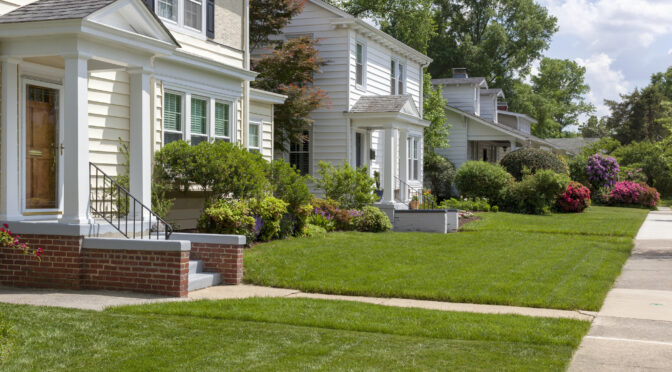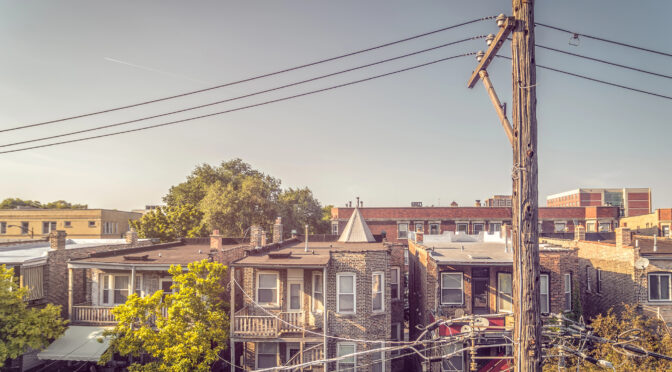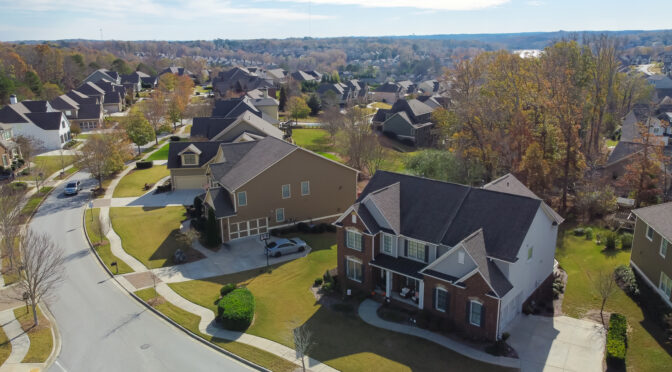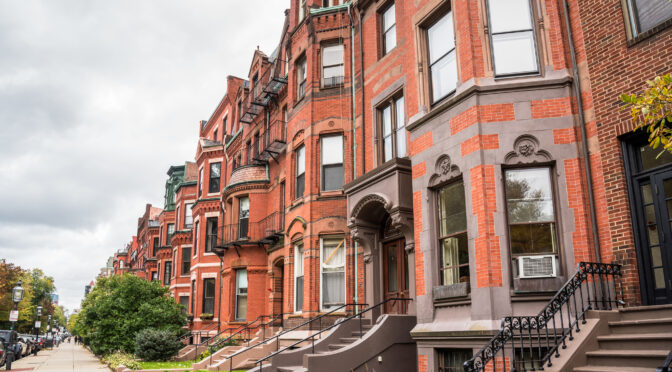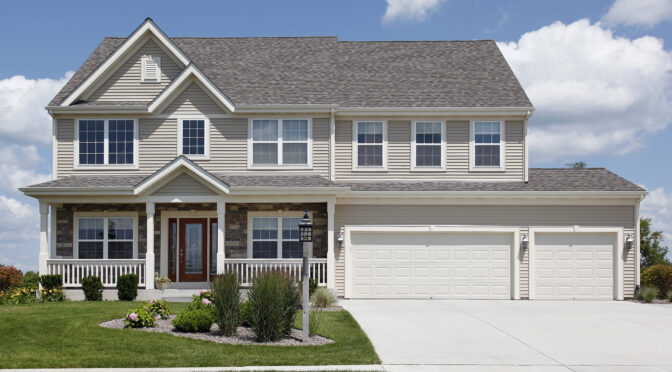commercial real estate investing in Hawaii
Commercial Real Estate Investing in Hawaii in 2024
When considering commercial real estate investing in Hawaii, it’s important to evaluate various factors related to location, market conditions, and financing options for a successful investment strategy.
Best Locations:
Prime locations for commercial real estate investment in Hawaii include urban centers such as Honolulu on the island of Oahu, as well as resort areas on Maui, Kauai, and the Big Island. These locations offer diverse opportunities for investment in hotels, retail spaces, office buildings, and mixed-use developments.
Best Islands for Future Development:
While Oahu remains a hub for commercial real estate activity, other islands like Maui and the Big Island are experiencing growth in tourism and infrastructure, presenting potential for future development and investment opportunities.
Housing and Job Market in 2024:
Hawaii’s housing market continues to be characterized by high demand, particularly in urban and resort areas. The state’s job market remains robust, driven by tourism, technology, and healthcare sectors. These factors contribute to ongoing demand for both commercial and residential real estate.
Projections for Development:
Projections for commercial real estate development in Hawaii indicate continued growth, particularly in sectors such as hospitality, healthcare facilities, and mixed-use projects that cater to both residents and tourists. The demand for retail and office spaces in prime locations is also expected to remain strong.
Financing Options to Purchase:
Financing options for commercial real estate in Hawaii include traditional bank loans, commercial mortgages, and private funding. Working with local lenders who understand the nuances of the Hawaii market can provide valuable insights and tailored financing solutions.
Cash-Out Refinance:
Cash-out refinancing can be a viable strategy for extracting equity from an existing commercial property to fund new investments or property improvements. This option allows investors to capitalize on accumulated property value and leverage it for further investment.
Financing for Rehabilitation:
Financing options for rehabilitating commercial properties in Hawaii include renovation loans, Hawaii hard money lenders, construction and fix and flip loans, and specialized financing programs designed for property improvement and redevelopment. These hard money rehab loan options can be especially valuable for revitalizing older properties or adapting existing spaces to meet evolving market demands.
In considering commercial real estate investments in Hawaii, it’s essential for investors to conduct thorough due diligence, engage with local real estate experts, and stay informed about market trends and regulatory considerations to make informed investment decisions.


